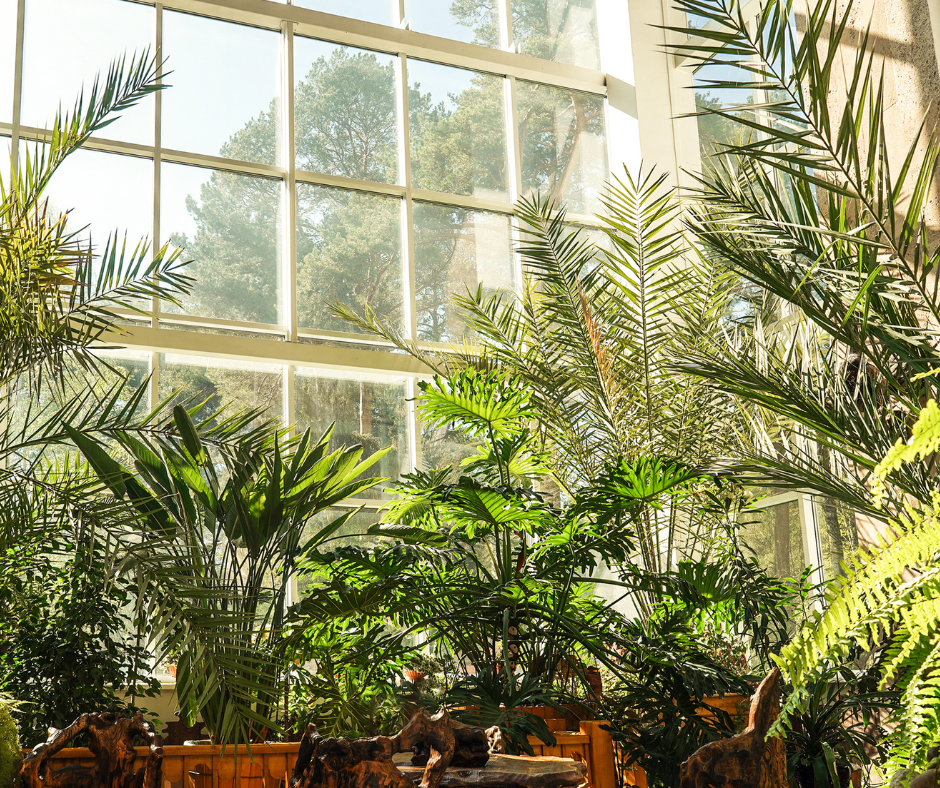Abstract
This study investigates the effects of natural exposure in an indoor environment on restorative quality and cognitive ability. Thirty participants were shown nature at three different indoor sites: baseline, indoor (some vegetation), and semi-indoor (a large amount of vegetation and view to sky) for five minutes. After viewing, they completed an assessment of restoration and a cognitive task, and their electroencephalography (EEG) was recorded. Compared to the baseline, the sites with nature resulted in restorative (higher perceived restoration scores) and cognitive (higher working memory performance and lower delta-to-theta ratio (DTR), delta-to-alpha ratio (DAR), theta-to-beta ratio (TBR), and alpha-to-beta ratio (ABR) responses) benefits. These findings further our understanding of the effects of exposure to nature on restorative and cognitive benefits in an indoor environment, and help to build guidance for future research on the effects of nature indoors and designing restorative- and cognitive-enhancing indoor spaces.

